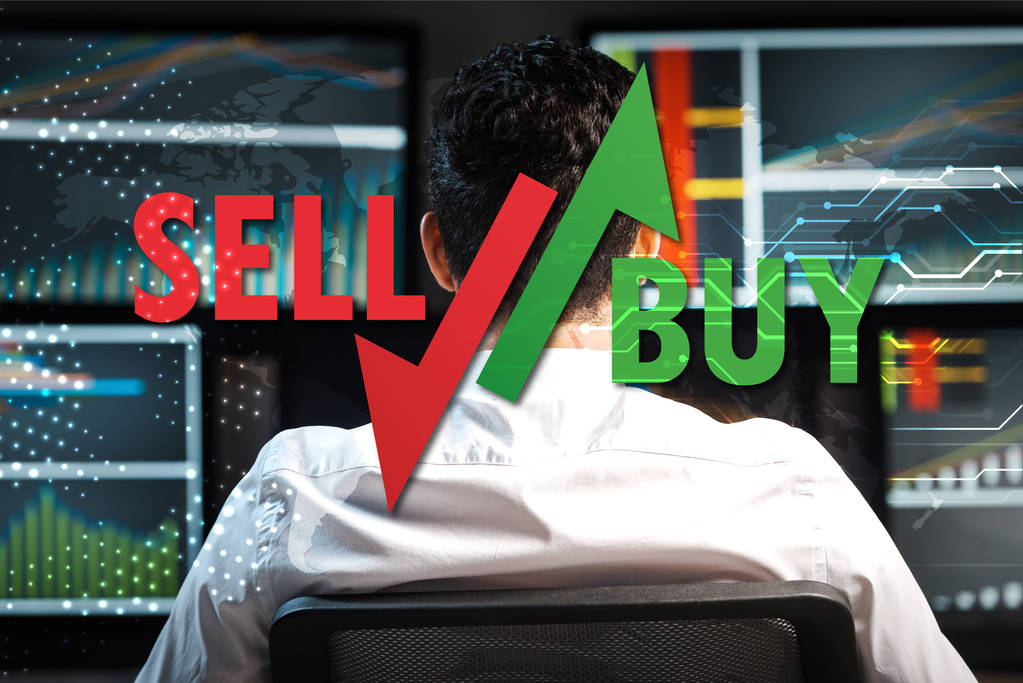In the context of trading, self-sabotage refers to the unconscious behaviors and decisions traders make that undermine their own performance, even when they possess the necessary skills, knowledge, and tools. This often stems from an internal conflict between a trader’s conscious goals—such as achieving success—and deeper, unconscious fears or limiting beliefs, like fear of failure, fear of success, or feelings of unworthiness. These hidden emotional drivers can lead to irrational actions such as closing winning trades too early, letting losing trades run in an attempt to avoid being wrong, ignoring well-established risk management rules, or engaging in overtrading and revenge trading. The essence of self-sabotage in trading is that the real challenge isn’t just external—it’s internal. True success often hinges on the trader’s ability to recognize and overcome these mental roadblocks.

Imagine a trader who has developed a profitable trading strategy over months of backtesting and paper trading. When they finally start trading live with real capital, they begin to second-guess their signals. One day, a trade starts moving against them slightly, and instead of sticking to the plan and letting the stop-loss do its job, they panic and close the trade early—only to see it rebound and hit the original target. Later, feeling frustrated and needing to “make it back,” they jump into an impulsive trade that doesn’t align with their system, increasing position size to compensate for the earlier mistake. This trade ends up being a big loss.
Despite knowing better, their actions are driven by fear, frustration, and ego—not logic or strategy. This is a clear case of self-sabotage: their own emotional responses and internal beliefs—not the market—caused the setback.
In the world of trading, success isn’t determined by strategy alone—it’s often shaped by the silent battle happening within. Many traders, even those with skill and experience, find themselves sabotaging their progress in subtle but powerful ways. They know what to do, yet they act against their better judgment.
This pattern—known as self-sabotage—is not a lack of competence. It’s a clash between what traders want consciously and what unresolved fears or beliefs push them to do subconsciously. Fear of success, fear of failure, imposter syndrome, or deep-rooted scarcity mindsets can lead to actions that defy logic: closing winning trades too early, ignoring stop-losses, or chasing losses in desperation.

Source: create.vista.com
Often, the problem isn’t the market—it’s how traders relate to it. When identity becomes entangled with trading results, every loss feels like a personal failure, and every win becomes a temporary relief. This emotional rollercoaster clouds judgment and fuels erratic behavior.
Ego also plays a destructive role. The need to be right, to prove something, or to avenge a bad trade overrides discipline. Trading then becomes reactive, not strategic—and that’s when damage is done.
The antidote? Self-awareness and emotional discipline. Tools like trade journaling, mindfulness, and working through limiting beliefs can help traders spot their own destructive patterns. Some seek coaching or therapy to dig deeper.
Ultimately, mastering the psychological side of trading is what elevates good traders into great ones. Because the most critical fight in the market isn’t external—it’s internal.

 Hot Features
Hot Features












